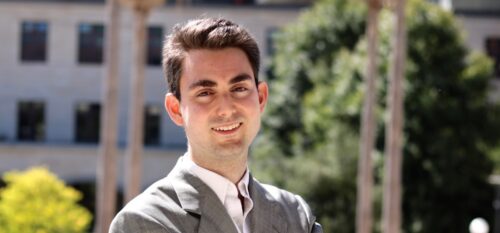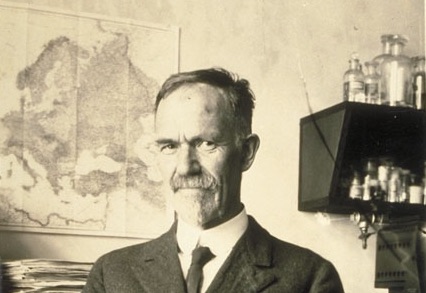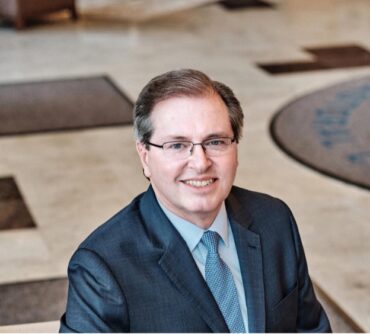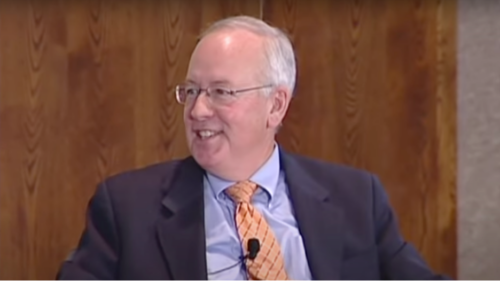
The economist and technologist talks to Michael E. Hartmann about the potential implications of decentralized autonomous organizations for philanthropy in contexts beyond the arts, including higher education, and whether they will complement or substitute for the many intermediaries in the existing grantmaking structure.






